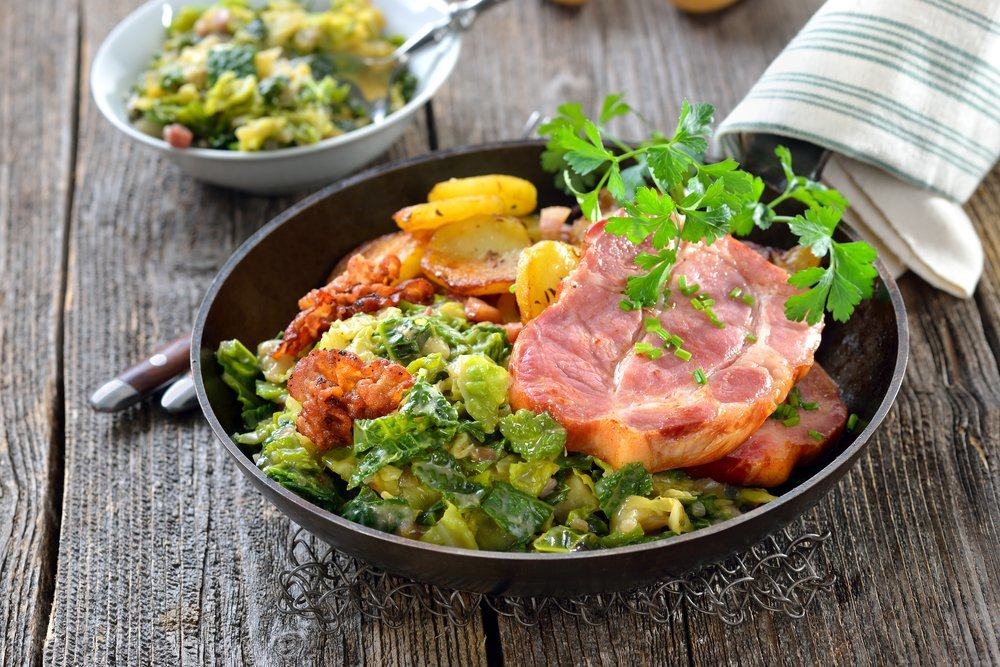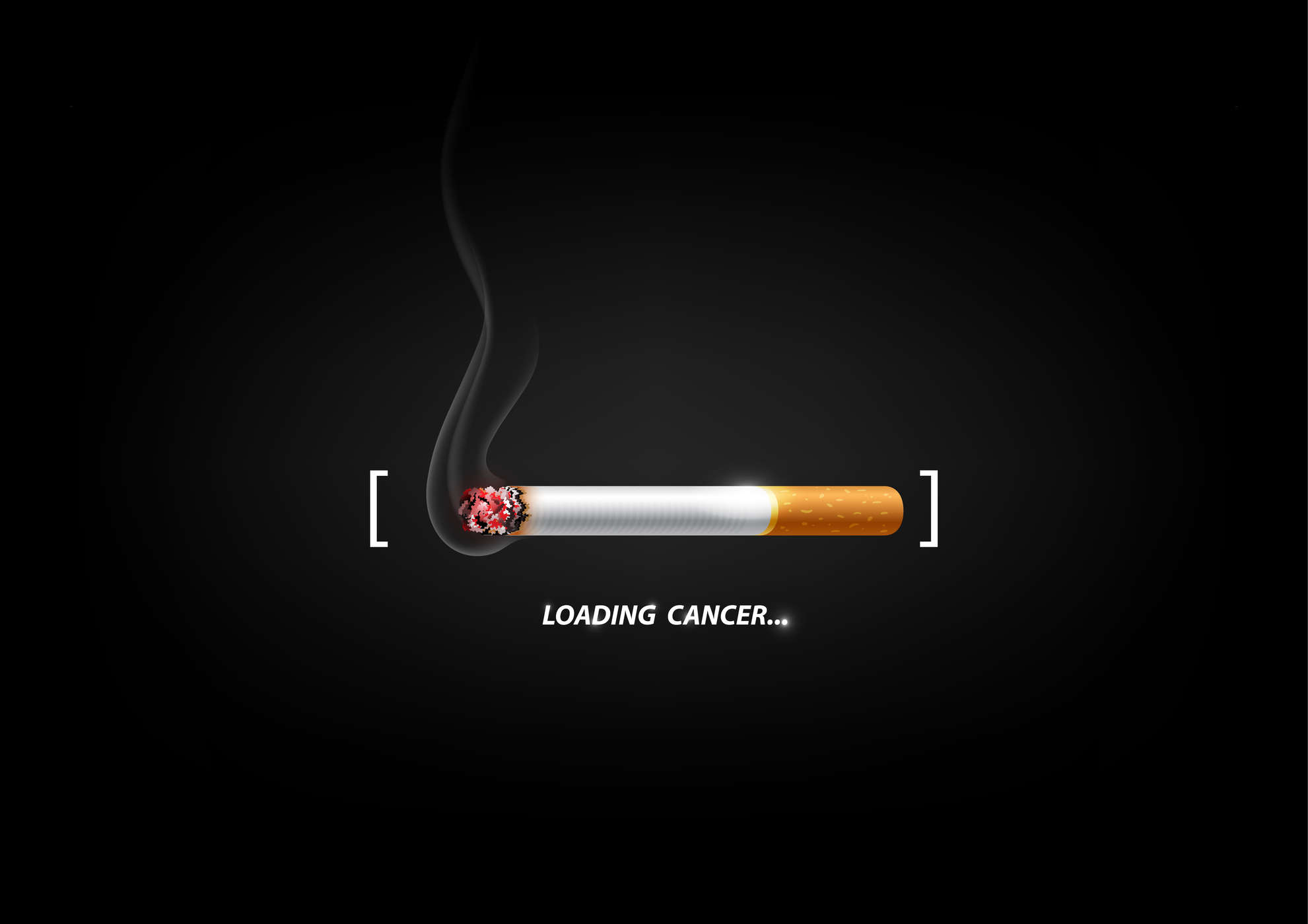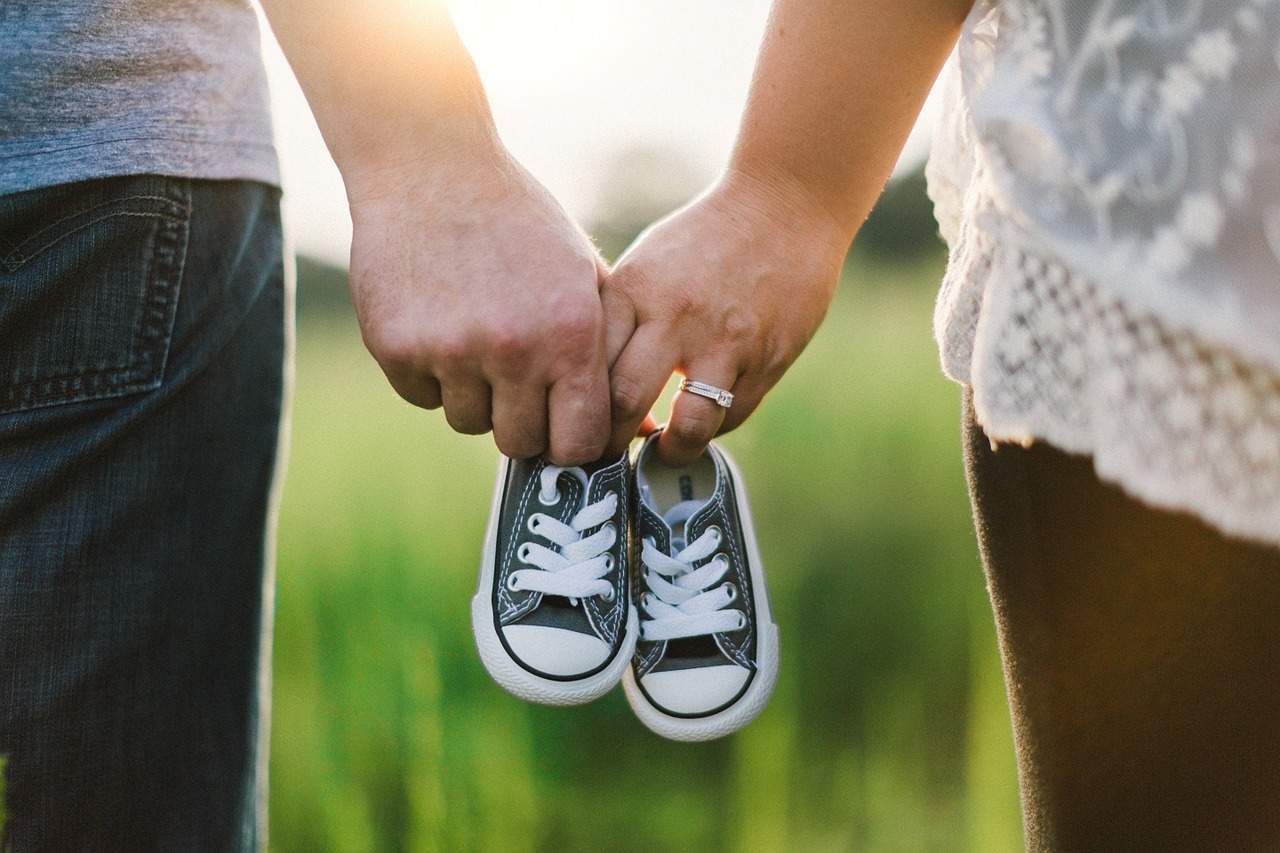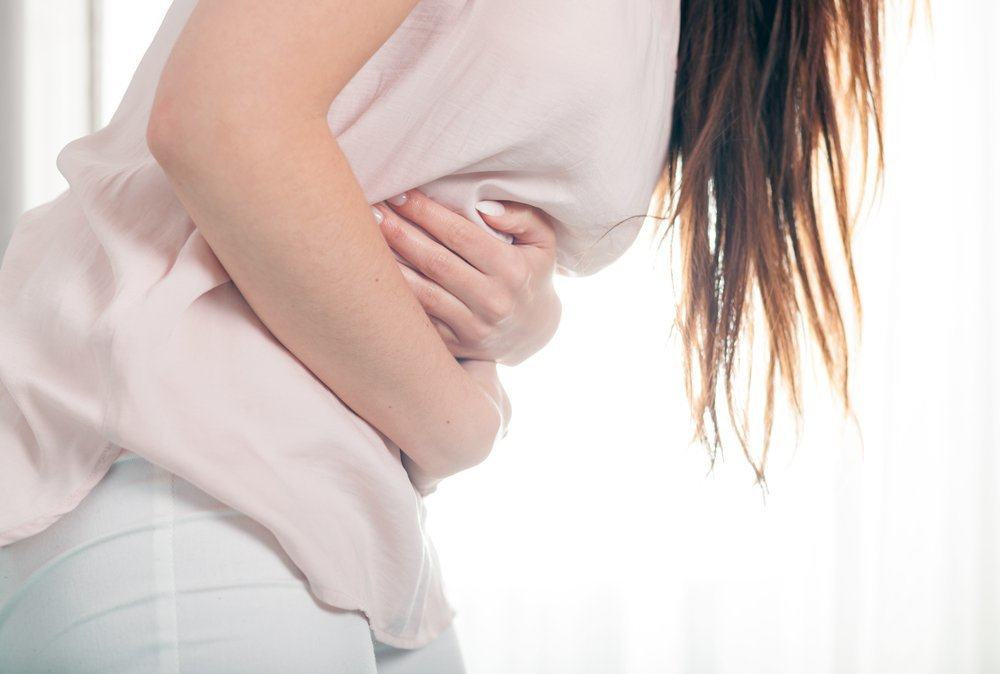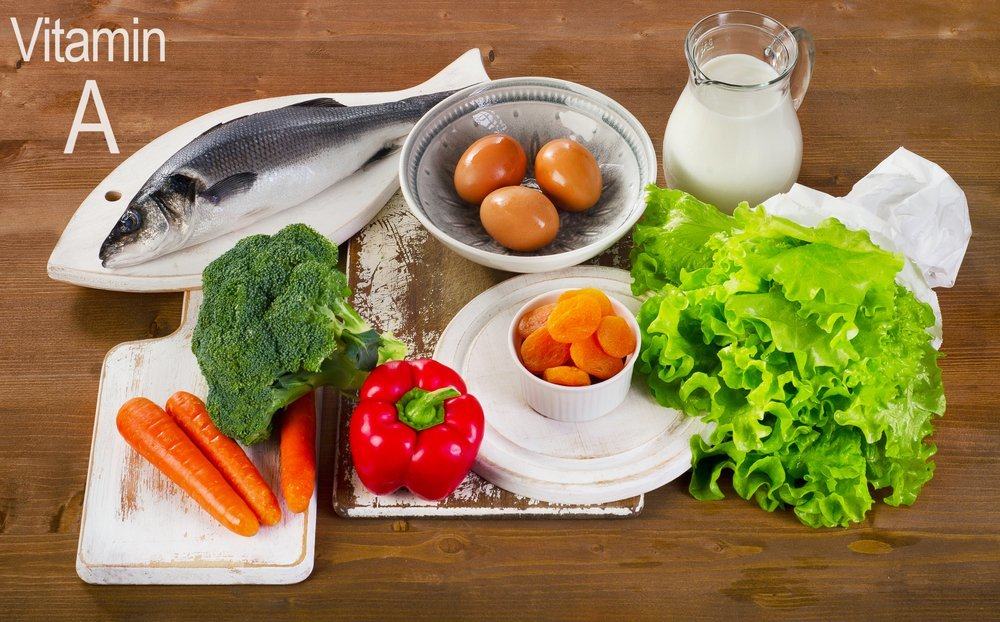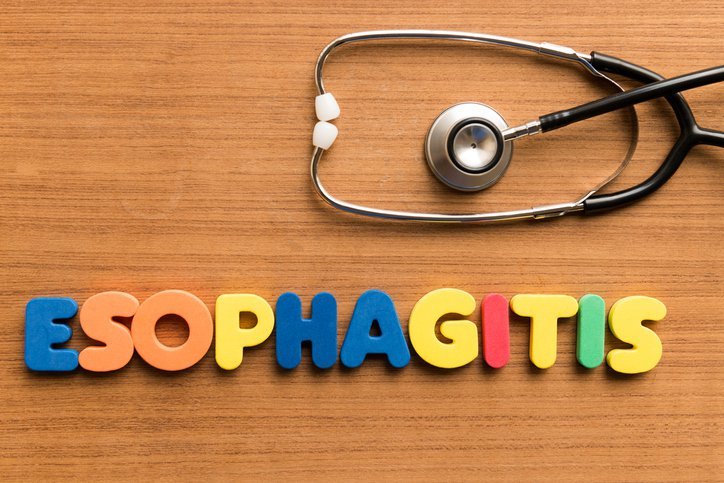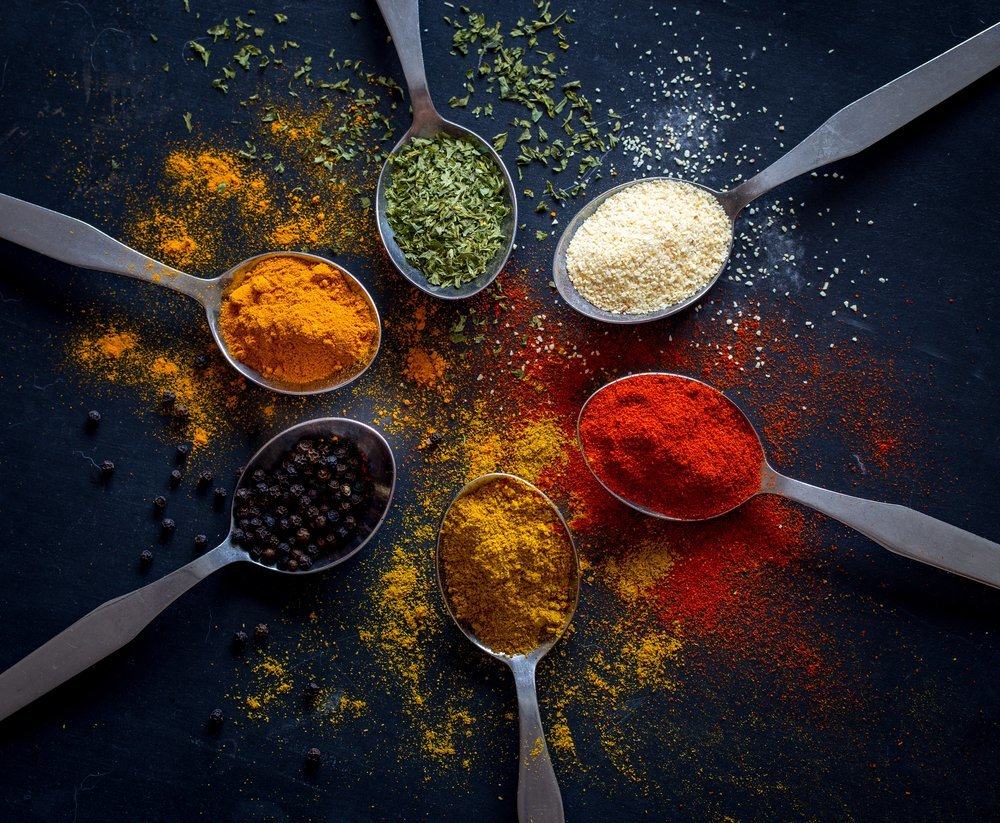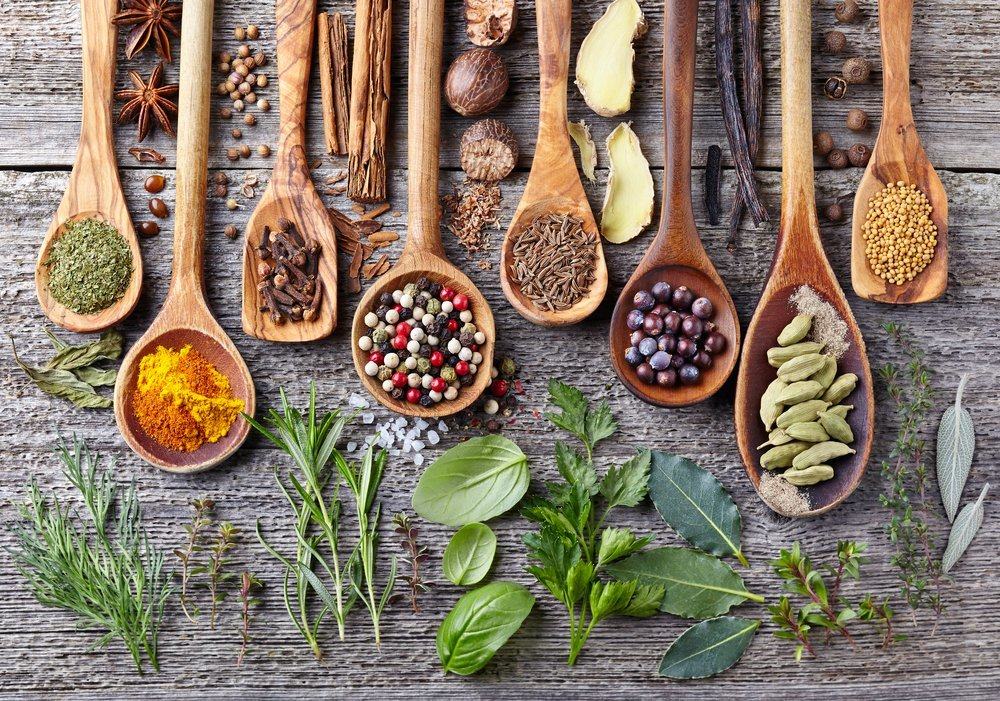Contents:
- Medical Video: What happens when I give blood?
- Foods that contain iron
- Foods that contain folic acid
- Foods containing riboflavin
- Food source of vitamin B6
- Don't forget, drink lots of water
- Other food
- Another thing to do after blood donation
Medical Video: What happens when I give blood?
When blood donors, you lose a few milliliters of your blood. To replace your lost blood, your body will quickly form new red blood cells. The formation of new red blood cells certainly requires a lot of nutrients that you can get from food. Eating foods like this after you donate blood can help speed up the recovery of your body condition.
Foods that contain iron
You really need iron after you make a blood donor. Iron is a component in the blood needed to produce healthy red blood cells and carry oxygen to cells in your body. Without iron, your body cannot maintain or produce healthy red blood cells. Eating foods that contain iron after you donate blood can help speed up the formation of new red blood cells, so that your condition can recover quickly.
You can get iron from spinach, broccoli, kale, mustard greens, red meat, fish, beans, and so on. To help absorb iron, you can eat foods that contain vitamin C, such as oranges, lemons, guava, kiwi, papaya, strawberries, broccoli, tomatoes, peppers, and others. Better iron absorption can speed up the production of red blood cells.
READ ALSO: 5 Benefits of Blood Donation for Your Health
Foods that contain folic acid
Folic acid or vitamin B9 can also help the body to produce new red blood cells. So, foods that contain folic acid are needed after you make a blood donor. You can get folic acid from many green vegetables, such as spinach, kale, asparagus, green mustard greens, and others. Folic acid is also found in the liver, nuts and orange juice.
Foods containing riboflavin
Riboflavin or vitamin B2 plays a role in the production of red blood cells and can also help the body convert carbohydrates into energy. After blood donation, your body may feel weak due to a lot of energy loss during blood donation. So, by eating foods that contain vitamin B2, your body gets its energy faster and you don't feel prolonged weakness.
You can get riboflavin from eggs, poultry, beans, spinach, broccoli, asparagus, and other green leafy vegetables. Milk and dairy products, like yogurt, are also good sources of riboflavin.
Food source of vitamin B6
After you lose blood, the body will produce red blood cells again. Today, your body needs lots of vitamins to form new red blood cells and to help the body break down proteins. Well, one of the things your body needs is vitamin B6. Vitamin B6 can help the body break down proteins, where protein is needed by the body in the production of new red blood cells. So, after donating blood, don't forget to eat foods that contain vitamin B6. Some food sources of vitamin B6 are fish, red meat, eggs, spinach, potatoes, bananas, nuts, and seeds.
READ ALSO: Intermediate Nutrition Communication Affects Nutrition Absorption
Don't forget, drink lots of water
Yes, you need plenty of water intake after blood donation. Drinking lots of water is needed to maintain your body's hydration and also to prevent you from fainting. In fact, drinking plenty of water is not only needed after blood donation, but also before you make a blood donor. The American Heart Association recommends avoiding alcohol and increasing your water intake by 4 glasses 24 hours after you donate blood.
Other food
In addition to important nutrients like the above that you must consume after blood donation, you are also advised to consume the following nutrients to speed up your recovery.
- Eat lots of foods that contain vitamin E. Vitamin E has powerful antioxidant properties and is very necessary for the production of red blood cells.
- Consume lots of protein. Protein is an important element in hemoglobin, so protein is very necessary for the production of red blood cells.
- Besides water, you might also need coconut water. Coconut water can help replace lost fluids in your body after blood donation. In addition, coconut water also contains many nutrients, such as potassium.
- Consume lots of vegetables and fruits. As you already know, vegetables and fruits contain lots of vitamins and minerals needed by the body.
Another thing to do after blood donation
To avoid the bad things that can happen after blood donation, it's a good idea to follow the following suggestions.
- Avoid lifting heavy weights or doing strenuous exercise for several days after you donate blood.
- Increase rest so that your body does not experience fatigue. Make sure you get enough sleep after a blood donor.
- Keep the stripe properly for several hours after you donate blood.
- If the needle syringe begins to bleed, press the part and lift your arms straight up for about 5-10 minutes or until the bleeding stops.
- If you feel dizzy after a blood donor, you should take a break, sit or lie down, until you feel better. Avoid doing any activity that can cause you to faint, at least 24 hours after you donate blood.
READ ALSO: Preparations To Be Done Before Blood Donation

